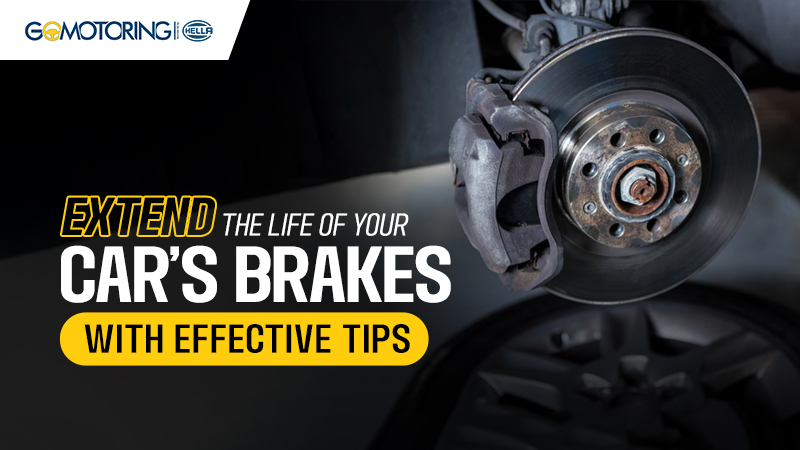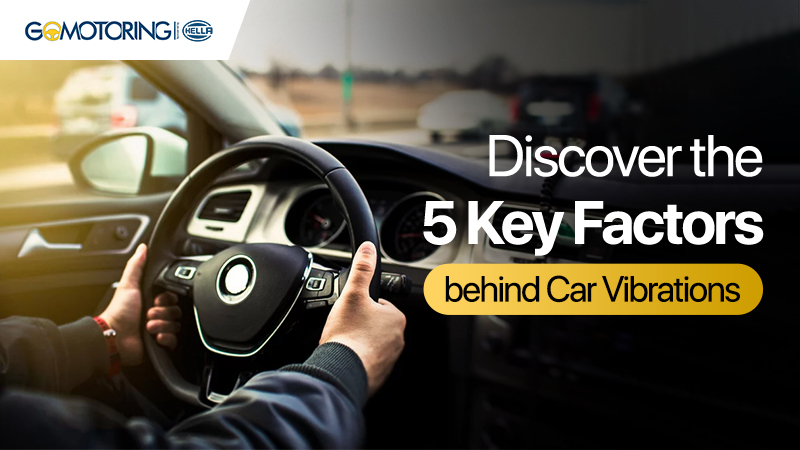Experiencing car vibrations is a frequent occurrence, whether you're behind the wheel of a brand-new vehicle or a well-loved one. It's not uncommon to encounter unusual sensations like vibrations, odd noises, bumps, or drifting while on the road. But there's no need to worry! Many of these problems are typical and can be easily resolved with expert help.
Reasons for car vibrations
If you find your car vibrating, it could be attributed to one of the following issues.
-
Problems with engine
Although relatively uncommon, car vibrations during driving can stem from engine-related problems, often manifesting as shaking or shuddering originating from the engine compartment. The primary culprits for this issue are typically:
- A dirty or obstructed fuel filter
- Irregular performance of spark plugs
- An imbalanced air/fuel mixture in the piston
- Inadequate airflow to the engine
If you notice that the vibrations intensify during acceleration or occur after driving for a specific duration, these signs may point to engine-related causes. It's crucial to promptly have your car inspected in such cases. Neglecting these issues can lead to severe damage within your engine compartment.
-
Damaged Brake Rotors
When you notice your car shaking more while applying the brakes, it's a clear indication of a potential issue with your brake rotors.
The brake rotor, a disc-shaped component within modern disc brake systems, plays a crucial role in exerting pressure on the brake pads, which then make contact with your wheels to slow down the vehicle. Over time, if the rotor is subjected to heavy use or you neglect regular brake pad replacement, it can develop bends and warps. Essentially, specific areas of the rotor overheat and deform. As a result, the brake calipers and pads struggle to maintain a proper grip on the brake rotor. Consequently, you'll experience vibrations, typically noticeable.
-
Uneven or Bent Axles
Although axles are typically robust, they can become bent due to factors such as collisions, driving mishaps like entering a ditch, or encountering speed bumps or road debris. When this occurs, you'll notice your car beginning to exhibit a "jostling" sensation while driving, and this vibration tends to intensify with increasing speed.
-
Damaged Drive-shift
This component spins rapidly and is responsible for transmitting engine power to the axles and wheels. If it becomes bent or sustains damage, it can lead to noticeable vibrations and shaking.
-
Misaligned Wheels
When your car's wheels are out of alignment, you might notice it veering off course when you release the steering wheel, accompanied by vibrations or shaking in the steering wheel itself. Fortunately, this issue is relatively straightforward to resolve – simply schedule a wheel alignment service, and the problem will be rectified.
Wrapping up
It's crucial not to overlook issues that might lead to vibrations, such as those stemming from engine problems. Addressing these concerns promptly can ensure the safety and longevity of your vehicle.
Want more of the world of automotive–check out the social media pages of GoMotoring. Connect anywhere, Twitter, Facebook, and Instagram.
BREAKING NEWS

Indian Supercross Racing League Set for Media Launch and Logo Unveiling
Get ready to witness the ultimate battle of speed and skill...

Formula 2 Sprint Race in Monaco: Jehan Daruvala finishes second
The Indian driver describes his Monaco Sprint Race performan...

Extend the life of your car’s brakes with effective tips
As you are already aware, brakes are a crucial aspect of con...







